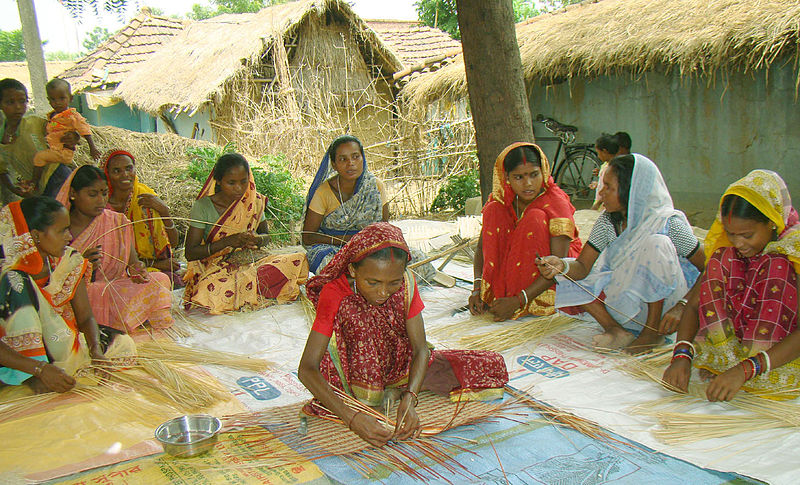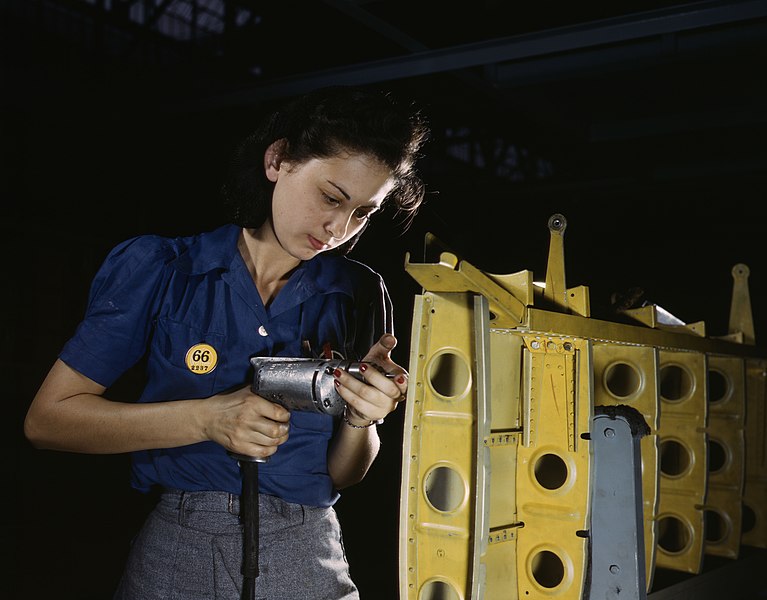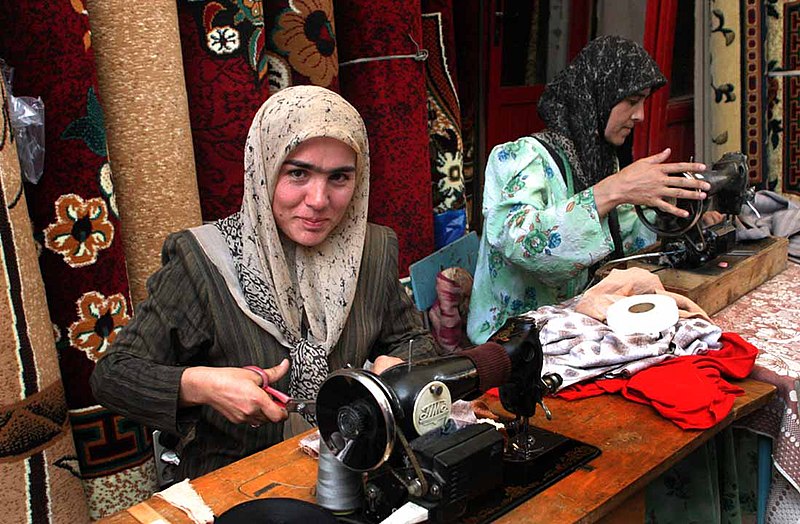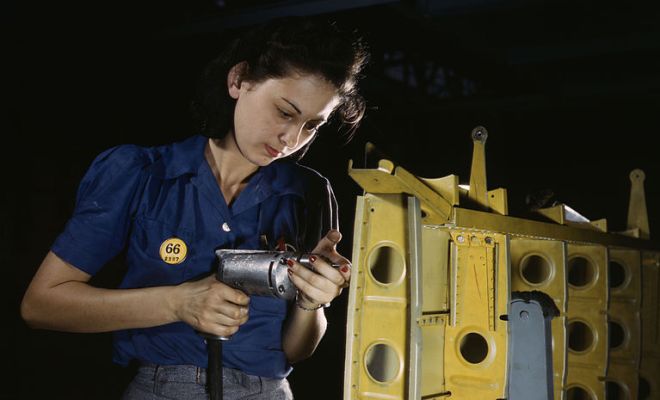
For most of the world’s poor, a loan of as little as $25-$100 can help them start a small business, generate an income for themselves, and often allow individuals to support their entire family as well. Aging parents, grandparents, siblings, kids, cousins, and other extended members of the family are generally assisted by small business loans and the resulting growth in developing countries. Women specifically – mothers, daughters, widows and divorcees – benefit greatly from independent microloans because it is usually complicated, if not impossible, to apply for the bank loans (and accompanying interest payment plans) that many of these establishments require.
After the death of, or divorce from, a male relative, for some women it may take months or even years to prove to the state that all the men in their life legally responsible for caring for them are not any longer there. Again. . While in the process of navigating such evidence and documents, they often have little or no temporary state benefit in the short term. Along with the headaches and lack of state support came many hungry mouths to feed and a home he had left with the task of providing while members of the family were in his care.

For women, interest-free microloans provide them with the essential independence they need to survive and thrive in a more male-dominated market. In addition, the impact women have on their communities is tenfold as most ladies (and mothers) are more likely to invest in the kids around them. This investment in their future by sending them to school, paying for extra school fees or study materials, and helping to increase a family’s earning power and quality of life can impact far beyond their immediate needs and their families – rippling through generations to come.
In developing and exploited countries, where giving back to society in the form of microloans – and through disbursement of small amounts to large numbers of people and families – can have a large impact. Interest-free loans to small business owners in developing countries facilitate the acquisition of cheap but essential new equipment – such as a stitching machine or serger, additional merchandise and stock, and other infrastructure improvements that will ultimately grow a business rapidly. .

On sites like Kiva.org I’ve seen forums and complaints where lenders were disappointed that loans were never repaid, or repaid late, something that’s statistically rare in the microlending arena. While it’s, obviously, the responsibility of borrowers to pay back the loans they take out on time, it should even be understood that many of these people live in war zones, post-conflict areas, highly exploitative environments and other places. lack basic infrastructure, where, even with the better of intentions, they may not be capable to raise the funds needed to repay their loans.
In that case, it’s better that the loan is forgiven. Having lived and traveled in countries with poor conditions for a poorer class of citizens, I can sincerely say that the money they save and are unable to pay back to lenders is no doubt getting used to pay for essential living or medical expenses, and quite possibly keeping them alive through tough times, keeping a roof over their heads, or warding off some other disastrous situation.
Our focus should be on the growth of society as a whole rather than the rich getting richer and the poor having nowhere to go. As interest accrues at an alarming rate, some people even end up paying more than their initial loan and a few choose bankruptcy, denying them the essential rights that normal citizens enjoy. They aren’t even entitled to enjoy diverse benefits coupon code because their cards are accumulating with entangled debts.
To avoid such pressure and usury, it’s a moral obligation for many people to lend money to underprivileged people to meet their needs, without asking for anything in return except the full amount repaid. Providing interest-free microloans is an excellent way to do this and makes the world a lot easier for all of us to live in.












